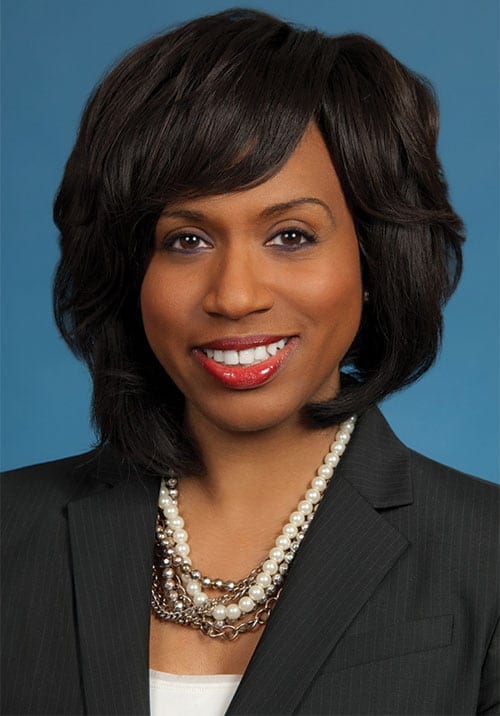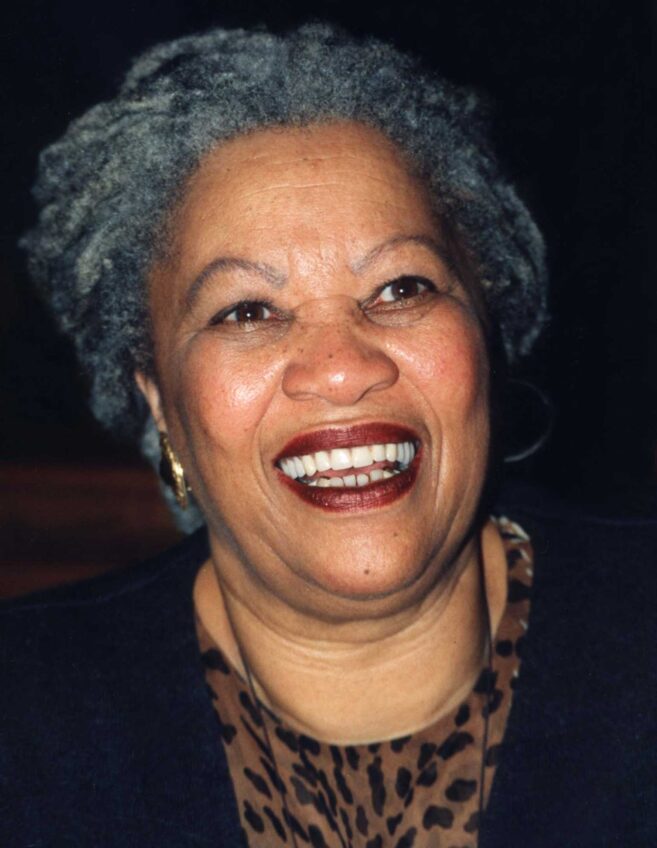
Earlier this month, Oumou Kanoute, a rising sophomore at Smith College, was eating lunch in a common room on campus — taking a break from her job teaching high school students on campus over the summer — when she was approached by campus police. A college employee had reported someone who looked “out of place.” Kanoute posted about the incident on Facebook, writing “I did nothing wrong, I wasn’t making any noise or bothering anyone. All I did was be black.”
Kanoute’s experience, like those of Lolade Siyonbola (an African-American student at Yale who was reported for napping in a common room) and Kanewakeron and Skanahwati Gray (Native American brothers who were questioned by police during a college tour in Colorado), is part of a deeply troubling pattern of suspicious neighbors, classmates and passersby calling the police on people of color for going about their everyday lives and simply existing in their own communities — these situations are neither rare nor random. For many black and brown folks, experiencing discrimination has long been synonymous with living in America.
That this discrimination is happening regularly on college campuses is distressing — because of the challenges many students already face in enrolling and persisting in college, and because institutions of higher education are often held up as bastions of free thought and acceptance — but also gives a sense of the exclusion, isolation and mistrust that too many people of color must still contend with on a daily basis.
I have fought for my entire life to provide equal opportunity and to address settings in which race (or gender or socioeconomic status or religious belief) lead directly to unequal outcomes. Higher education should be no exception.
It is incumbent upon our elected leaders to not shy away from the inconvenient realities that continue to face people of color, including students on our college campuses, who are far too often suspected simply for existing in spaces where they are one of very few students of color or where they have traditionally been excluded or felt like they did not belong. Incidents like those at Smith, Yale, and Colorado State have serious consequences — resulting in trauma for those involved and widespread fear by other students of color on campus and in higher education institutions across the country. How colleges and universities respond will certainly affect enrollment, but it will also affect the credibility of their standing as architects of diversity and inclusivity.
I believe we must name this challenge and confront it head on. To do so, I am proposing that every institution of higher education that receives federal financial aid through Title IV of the Higher Education Act (HEA) be required to sign a written agreement (a Program Participation Agreement) with the Secretary of Education that requires them to administer an annual campus climate survey — specifically including questions related to racial relations on campus — and publicly report the findings.
The best solutions are developed in partnership with the community, so institutions should be required to consult with and listen to community stakeholders (students, parents, faculty, administrators, local law enforcement) and publish a bi-annual report detailing efforts to address identified challenges related to race relations. Furthermore, the federal government should establish a priority in the award of competitive federal grant funding that would require institutions of higher education to pilot creative, student-led, collaborative processes for improving campus culture and safety, which could be replicated on other college campuses.
These new policies would represent only small steps, but I am hopeful that they will put us on a path toward creating campus environments that are truly welcoming for all students, and that they will spur a larger conversation about the important ways in which policymaking can support the development of grassroots solutions to combat racism and discrimination throughout society.
Ayanna Pressley is an at-Large Boston City Councilor.






